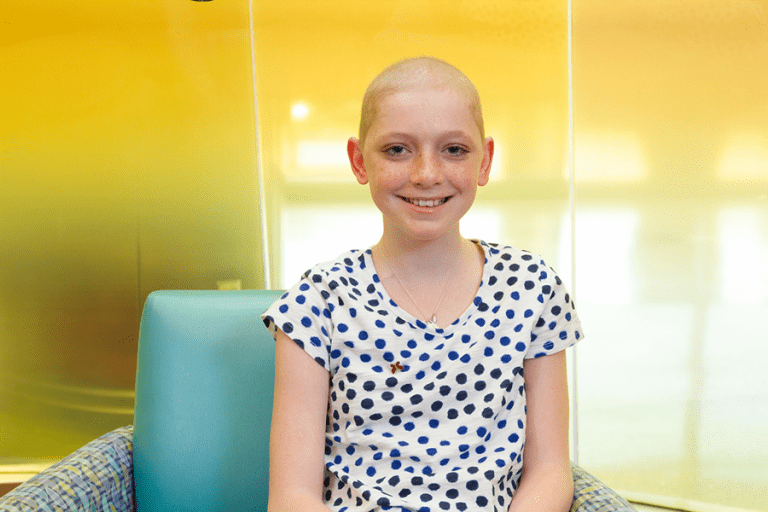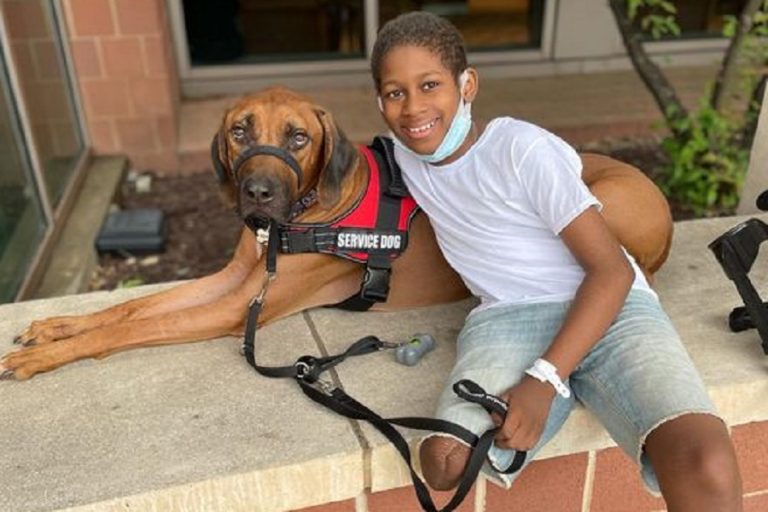Immunotherapy, harnessing a patient’s own immune system to treat their cancer, could be the next chapter in childhood cancer treatment. Unfortunately, personalized medicine is not a reality for most children yet, as most immunotherapy research focuses on adult cancers. Little is known about how the genetic changes that occur in childhood cancer interact with the immune system.
But Natalie Collins, MD, PhD is creating pediatric sarcoma atlases to learn more about how the immune system interacts with cancer.
How her research will help:
Dr. Collins hopes to learn more about the complexity of children’s tumor environment and immune system.“If we can identify the cells in the tumor environment and learn what their roles are, we can better design drugs and therapies to harness the immune response and treat the tumor,” said Dr. Collins. With her Emerging Scientist Award, she plans to look at the individual cells inside tumors from children who were diagnosed with sarcomas that harbor fusion oncoproteins. Using layers of data, her team will develop the first “atlases” to see what’s happening in the tumor environment. “We believe, by looking at individual cells, that we will be able to characterize both cancer cells and immune cells that are present and how these change from person to person and from disease to disease,” she said. “Without CCRF, these atlases would not exist.”
Support Groundbreaking Research
Researchers like Dr. Collins have both big, ambitious ideas and the talent to act on them. But without your support, researchers would not have the funds they need to move their potentially groundbreaking work forward. Your donation makes research breakthroughs possible.




